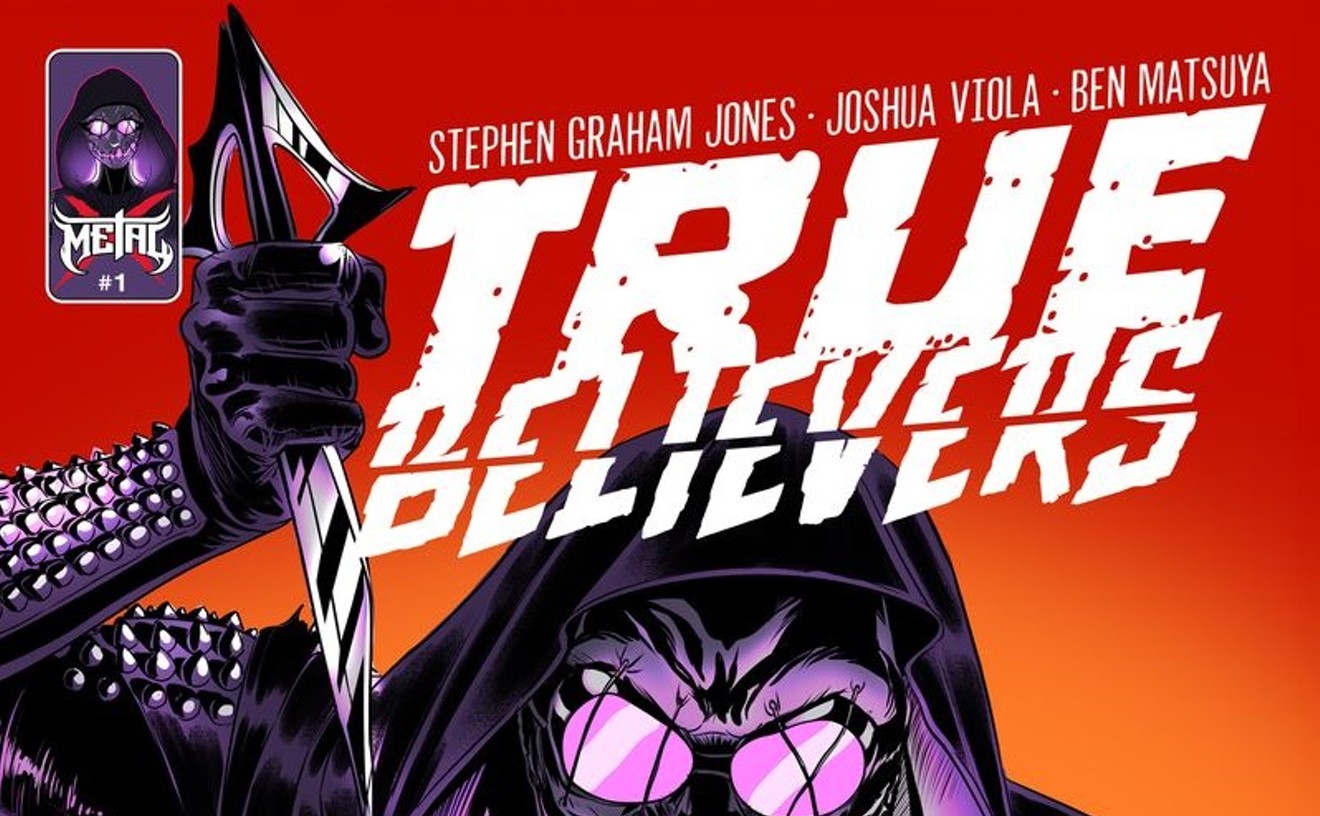The Full Monty focuses on a group of men who are out of work in Buffalo, New York. Amazed to discover that the women of the town are willing to pay high prices to watch a Chippendale-style male strip show, the men decide they have nothing to lose and everything to gain by staging a similar extravaganza. Although they lack buff bodies, confidence and dance moves, they do have the basic equipment, after all. The originator of the plan is the charmingly irresponsible Jerry Lukowski, who's desperate for money to meet the support payments for his teenage son. Jerry's best friend, Dave Bukatinsky, has sunk into a marriage-threatening depression; he eats to console himself and has developed a formidable paunch. Stripping is the last thing on his mind.
Despite the central premise, this is not a raunchy show. It's good-hearted and gentle. Beyond that, it's really a fairy tale, in which Bukatinsky's wife, Georgie, is more interested in his self-esteem than his sex appeal, and Vicki, who cherishes the material goods her manager husband Harold buys for her, isn't the least bit upset when he loses his job and their furniture vanishes. The focus of The Full Monty is on the ways in which the men overcome their insecurities. It's about body image and coming to understand oneself and learning how wrong the narrow, macho, traditional view of the world is. It's about women being gentle and nurturing under their caustic exteriors.
Nobody's mean, nobody's bad, and unemployment makes the men question themselves, but they never question the corporate system that throws working-class guys out of decent jobs and forces them into work that pays below-subsistence wages.
Playwright Terence McNally, who reworked the original 1997 film that was set in Sheffield, England, has his heart in the right place, and so does songwriter David Yazbek. The Full Monty is smart and well-written, and it works. You really do like these guys. You worry about their problems, and applaud their guts. And the critique of conventional sexual politics is both funny and right on. In one scene, the men have stripped to their underwear and are looking through a girlie magazine, evaluating the models. Suddenly they realize -- aided by a fantasy number sung by contemptuous, dominatrix-costumed women -- that they themselves lack "The Goods," and they realize what their routine objectification does to women.
There's also a touching funeral song, "You Walk With Me," during which Malcolm and Ethan (Scott McLean) declare their love for each other.
The choreography is a challenge. Jim Newman, who plays Jerry, is graceful, and another cast member -- Brian Kelly -- is ballet-trained, but the men aren't supposed to look like dancers. By the end of the show, however, their movement needs to be pleasing, at the minimum. I don't know how much Deanna L. Dys relied on the Broadway production for her choreography, but she meets the test. You can see the seductive effect of music and movement on these working stiffs, and their final dance number is successful but believable.
There's a lot of wonderful singing and acting in the Arvada Center production. You can't help rooting for Newman's Jerry and Eric Leviton's rueful Dave, who also amazes us time and again with his rich, deep baritone. Wendelin Harston's caustic humor and pitch-perfect timing as a seasoned theater professional who's come out of retirement to play piano for the men adds a fine counterbalance to their fumbling attempts to get started. Sharon Kay White brings the house down with her exultant, capering take on "Life With Harold," and she also has a lovely duet with the appealing Anita Boland, who plays Georgie Bukatinsky. Kelly brings an easy professionalism to the role of Harold. Alan Swadener is the endearingly gangly, helpless Malcolm; he, too, has a fine voice with terrific range and versatility. Milton Craig Nealy is a complete scene stealer as Horse.
The show has a certain modesty. It doesn't throw itself in your face. Although the characters are idealized, they feel real. So I found myself tearing up at the funeral song, and also when Georgie and Vicki sang "You Rule My World" to their sad husbands. I laughed a lot. I loved the contrast between the slick moves of the professional stripper (well-played by Scott Ahearn), and the working men's clumsy, heartfelt gestures. And in the wives' loving shrieks of encouragement at the final striptease, and the men's growing confidence, there was an exhilarating sense of a broken community coming together to reaffirm itself.
The standing ovation is a local fixture, and many musicals just beg for it: The cast won't leave the stage, the orchestra gets louder and louder and more and more frantic. But no such prompts were needed at the Arvada Center, where the second the play ended, the audience members -- men and women, the glossy-haired young and the doddering old -- rose to their feet as one and roared.











